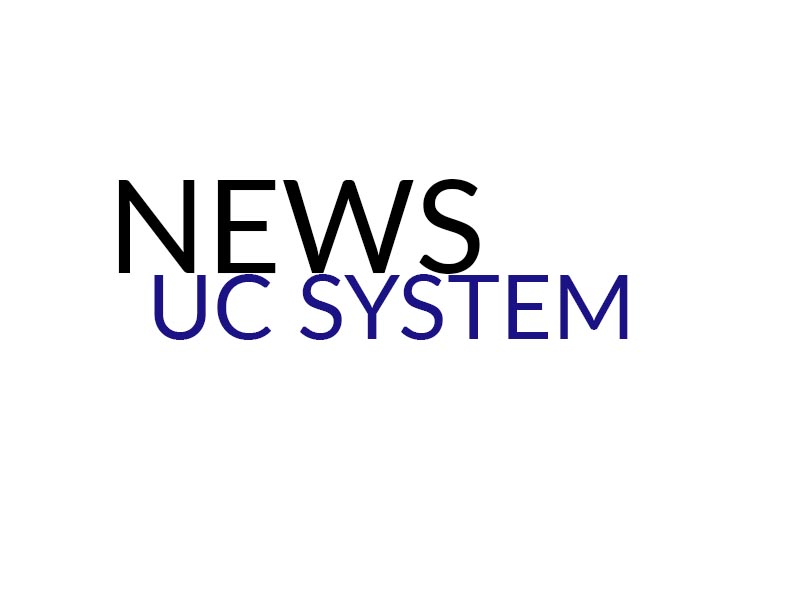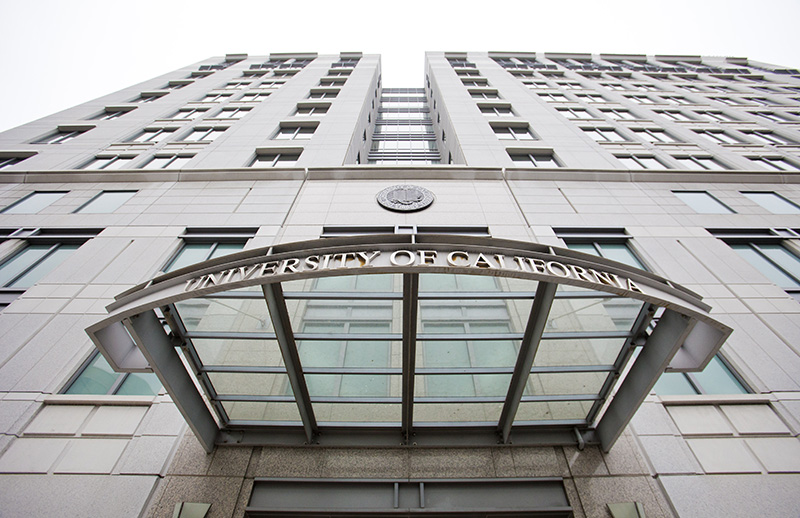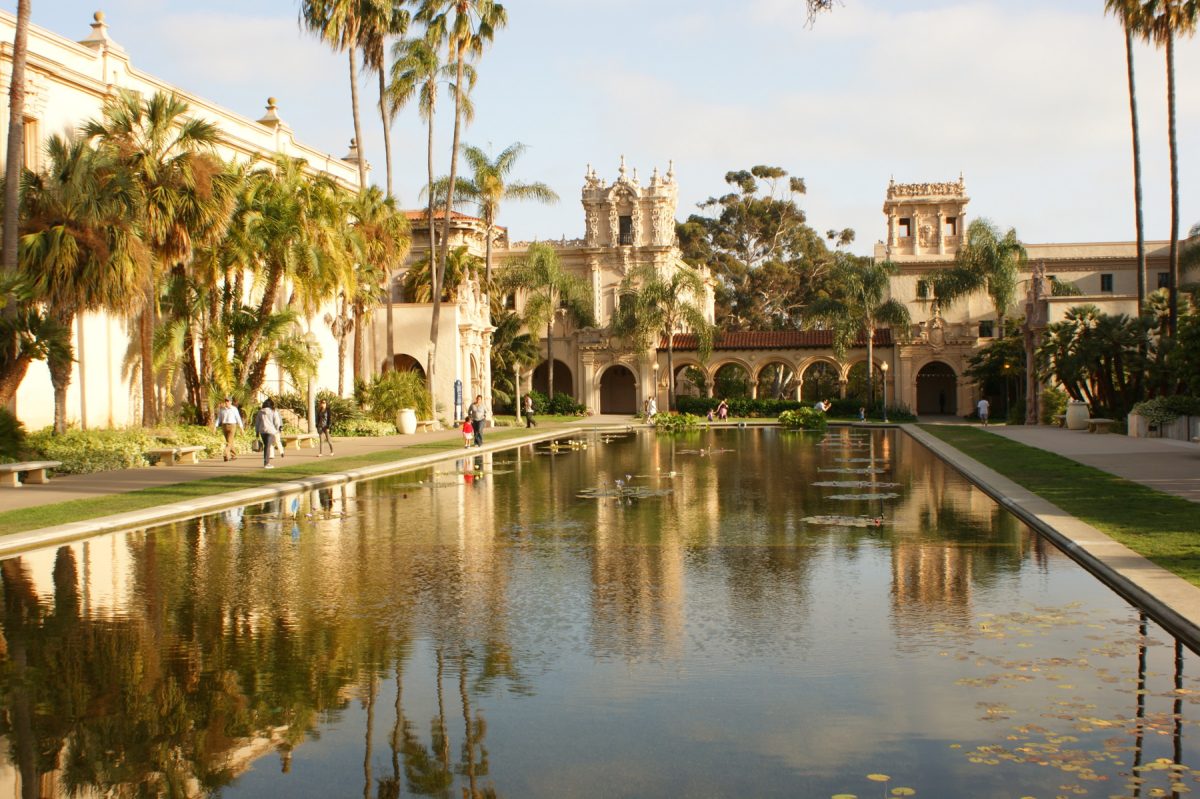Sixteen UCSD researchers, students and staff from the UC Revelle program are currently attending the 21st annual Conference of Parties in Paris that will last from Nov. 30 until Dec. 11. They are joined by UC President Janet Napolitano, UC Chief Investment Officer Jagdeep Singh Bachher, Gov. Jerry Brown and others in hopes of achieving a universal agreement to keep global warming below two degrees Celsius.
Over 190 countries and close to 50,000 participants are expected to attend the 2015 Paris Climate Conference. Director of Scripps Institution of Oceanography and head of the UC Revelle delegation Margaret Leinen said that the role of UC researchers is to enhance policy using relevant research.
“Our role in these climate conferences is to bring science into the conversation as much as possible so that the strategies that may become national policies have the best chance to be effective in mitigating the changes in nature that human activities have precipitated,” Leinen said in a Nov. 29 press release.
Kate Moser, media specialist for the UC Office of the President, told the UCSD Guardian that, considering the resources it has at its disposal, it is imperative for the university to get involved with climate change.
“The fact that we have 10 campuses, three energy labs and some of the best climate scientists is why we’re involved with and joining the energy breakthrough coalition to help solve this crisis,” Moser said. “Essentially, what it boils down to is that there’s a moral obligation to take urgent action to try and reverse the effects of climate change.”
The University of California also announced on Nov. 29 at COP21 that it has joined the Breakthrough Energy Coalition — a group of investors led by Bill Gates in order to help solve the crises the planet is facing. Gates said that the technology the UC system develops will play a crucial part in a cleaner, more efficient future.
“The UC system — with its world-leading campuses and labs — produces the kinds of groundbreaking technologies that will help define a global energy future that is cheaper, more reliable and does not contribute to climate change,” Gates said in the online press release.
Earl Warren College senior Connie Wang, who is a member of the EcoNauts at UCSD, explained that fixing climate issues is a matter of preserving our ability to live on this planet.
“It isn’t about saving our planets, it’s about saving humanity — our planet will always be, but the question is how long can we survive on our planet,” Wang told the Guardian. “We’re trying to prolong the human race’s ability to survive on this planet, so most of our efforts are in education and outreach because we need to get people to realize that this is a problem in the first place.”
Consistent with the university’s goal to preserve the environment is the Cool Campus Challenge — a competition across campuses to get participants to reduce and track their carbon footprints. Moser commented that the importance of having such programs is reminding people to play their part in ameliorating the effects of global warming and climate change.
“There’s an apathy that we all tend to fall into when we’re confronted with these gigantic problems that seem so out of control,” Moser said. “Things like the Cool Campus Challenge help raise awareness and remind us that small differences do add up when you put it all together.”
COP was first held in Berlin in 1995 and since then has seen varying degrees of success, such as the Kyoto Protocol adoption during COP3 and the introduction of the Bali Action plan during COP13.







